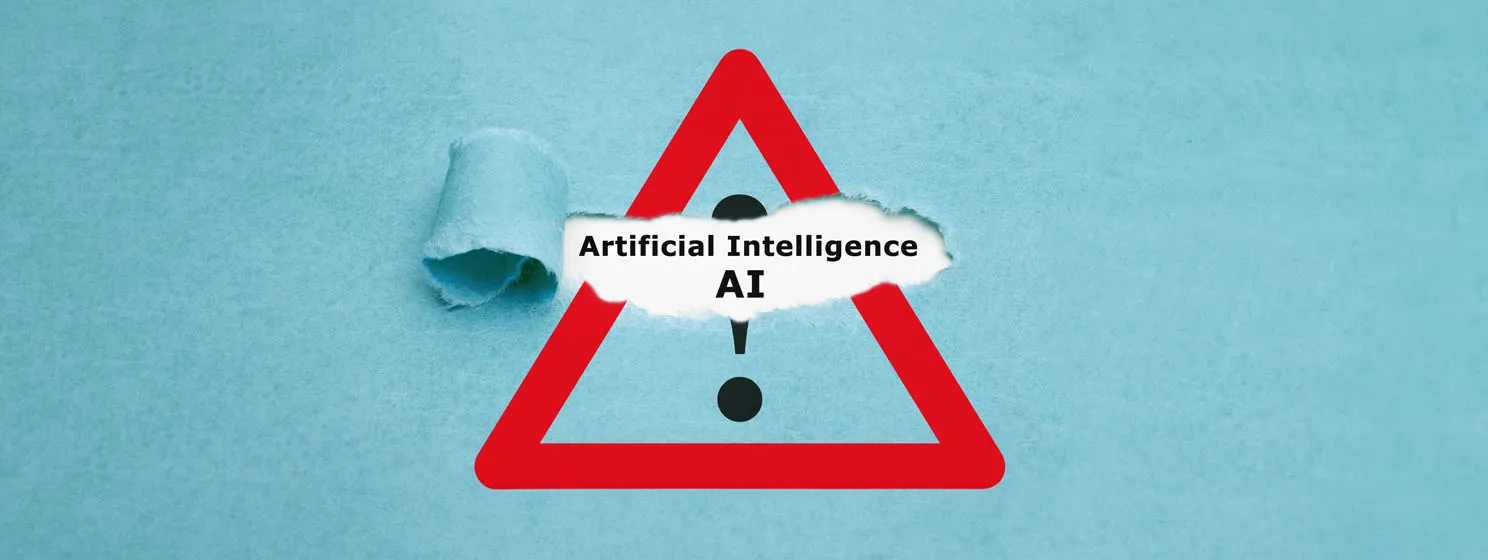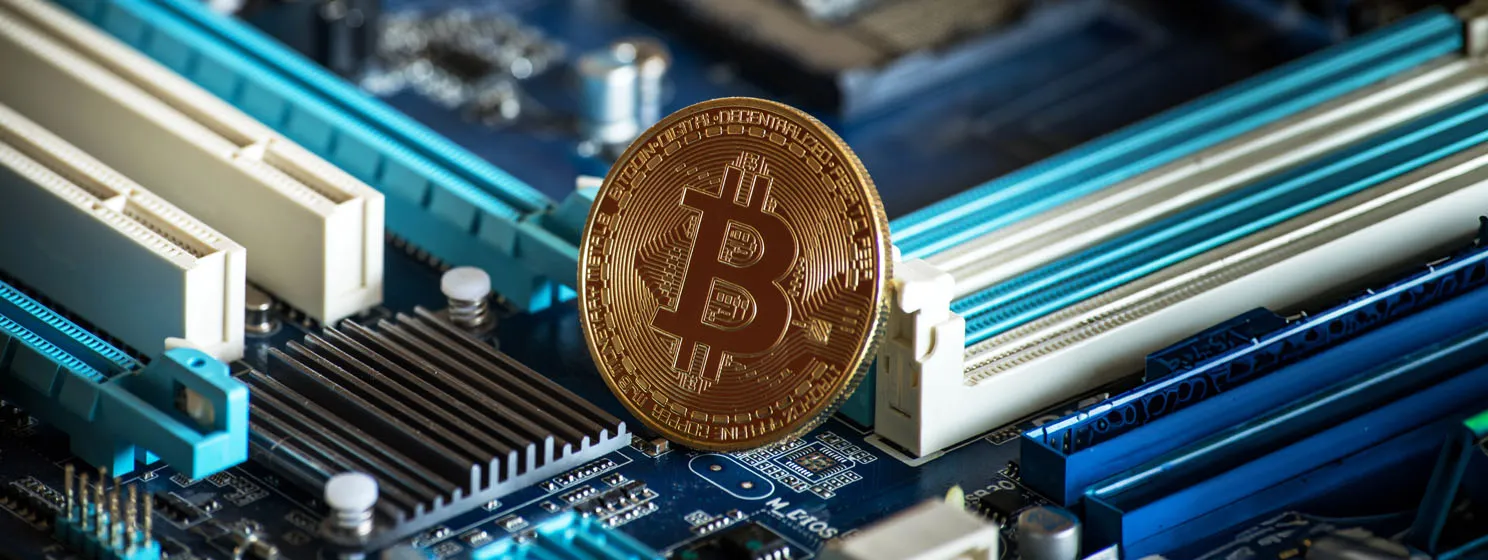|
Getting your Trinity Audio player ready...
|
The United Nations has raised alarm over renewed threats to the journalism industry posed by heightened censorship and the growing adoption of artificial intelligence (AI).
UN High Commissioner for Human Rights (UNHCR) Volker Türk warned countries to take actionable steps to safeguard the journalism industry from rising threats. Türk shared the warnings in a message to commemorate World Press Freedom Day, noting that the industry is approaching a slippery slope.
Türk notes that AI operates as a double-edged sword for journalism, offering benefits and dire risks for the sector. He added that AI provides many benefits for journalists designed to simplify mundane tasks, but rogue states use AI-based algorithms for censorship.
“AI-based algorithms often dictate what we see, shaping our opinions and perceptions of reality,” said Türk. “Politicians use AI to weaponize disinformation and advance their own agenda.”
Apart from using algorithms for their nefarious use, repressive governments are using AI to monitor journalists in violation of their privacy rights. Furthermore, Türk notes that rogue actors use AI tools to generate fake news and disseminate deepfakes on social media platforms.
Outside of governments and individuals, Türk warns that AI companies also pose significant risks to journalism. He argues that only a handful of corporations control the majority of AI tools, creating a dangerous monopoly that can usher in a raft of unsavory consequences.
To mitigate the risks posed by AI misuse against the journalism industry, Türk argues in favor of investing in verification tools.
“Biased algorithms, outright lies, and hate speech are landmines on the information superhighway,” said Türk. “Accurate, verifiable fact-based information is the best tool to defuse them.”
Since the popularity of AI skyrocketed with the development of various tools, such as chatbots, researchers have been experimenting with blockchain-based verification techniques for AI-generated content to address the dangers of unchecked AI use. By using blockchain’s immutability and transparency perks, end users can verify the authenticity of their news content on social media.
Meta (NASDAQ: META) is among those that picked up the gauntlet to combat AI-generated deepfakes across its platforms, leaning on visible markets and tags for synthetic content. Authorities are tightening the screws for AI firms, urging them to clamp down on AI misinformation on their platforms as the ecosystem walks the thin line between data utilization and privacy.
Indonesia struggles with AI adoption
Elsewhere, the Southeast Asian country of Indonesia is hurtling toward workplace AI adoption with a focus on occupational safety and health. However, its recent push to integrate AI faces significant headwinds.
Local news outlet ANN stated in its recent report that a dire lack of infrastructural standards is standing in the way of workplace AI adoption for safety.The absence of stringent safety regulations in key sectors of the Indonesian economy has raised eyebrows. The International Labour Organization (ILO) is urging the government to ratify the 1891 Occupational Safety and Health Convention to improve labor practices in the country.
“It will allow the government to develop policies, update regulatory frameworks related to OSH, and strengthen risk assessments,” said ILO program officer Abdul Hakim.
At the fundamental level, the Indonesian Employers Association concedes that employee knowledge of safety standards is at an all-time low. To address the mismatch with the international standard, the Association is exploring the potential of low-cost mass training initiatives for AI-based applications.
“We cannot ignore that Indonesian human capital is still of low quality,” said a spokesperson for the Association. “The government must focus on improving workers’ skills.”
The plans to pursue AI-based occupational safety and health will involve a preventive approach while adding promotional streaks to the initiative. The report notes that unskilled Indonesian workers have a penchant for disregarding safety standards, forcing the hand of regulators to adopt a proactive stance.
In the push for AI-based workplace safety standards, authorities are pining for digitalization and standardization to track progress metrics. Vocational training centers are cropping up across Indonesia in a valiant attempt by the Ministry of Manpower to equip workers with modern safety skills.
The training initiative targets plantation workers, miners, and daycare employees, sectors with traditionally low safety standards.
Indonesia is closing the gap between itself and regional leaders in warming up to emerging technologies. The country has adopted blockchain technology, with emerging applications in finance and supply chain.
To emphasize its position, Indonesia established a regulatory committee for digital assets while exploring the use of blockchain for its central bank digital currency (CBDC). Last year, Microsoft (NASDAQ: MSFT) invested $1.7 billion to advance Indonesia’s cloud and AI infrastructure, citing its potential for meteoric growth.
In order for artificial intelligence (AI) to work right within the law and thrive in the face of growing challenges, it needs to integrate an enterprise blockchain system that ensures data input quality and ownership—allowing it to keep data safe while also guaranteeing the immutability of data. Check out CoinGeek’s coverage on this emerging tech to learn more why Enterprise blockchain will be the backbone of AI.
Watch: Understanding the dynamics of blockchain & AI

 09-01-2025
09-01-2025 





